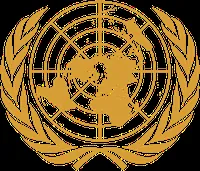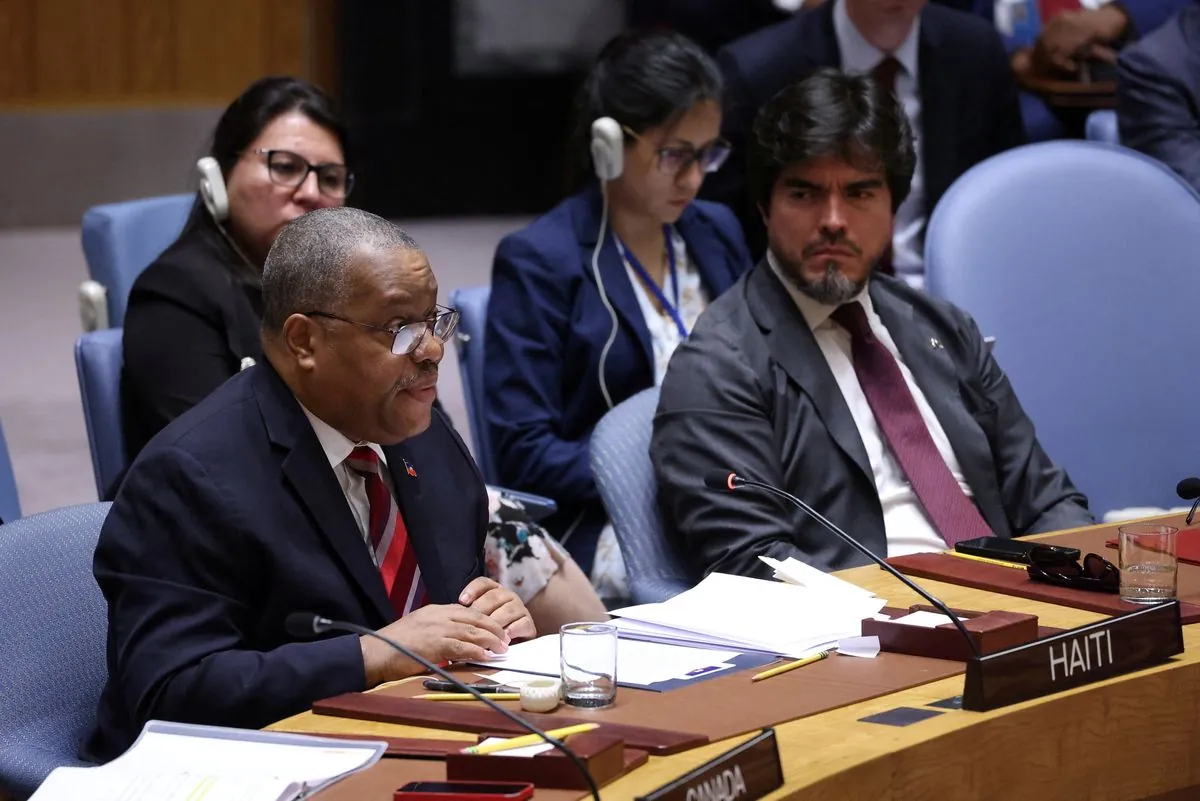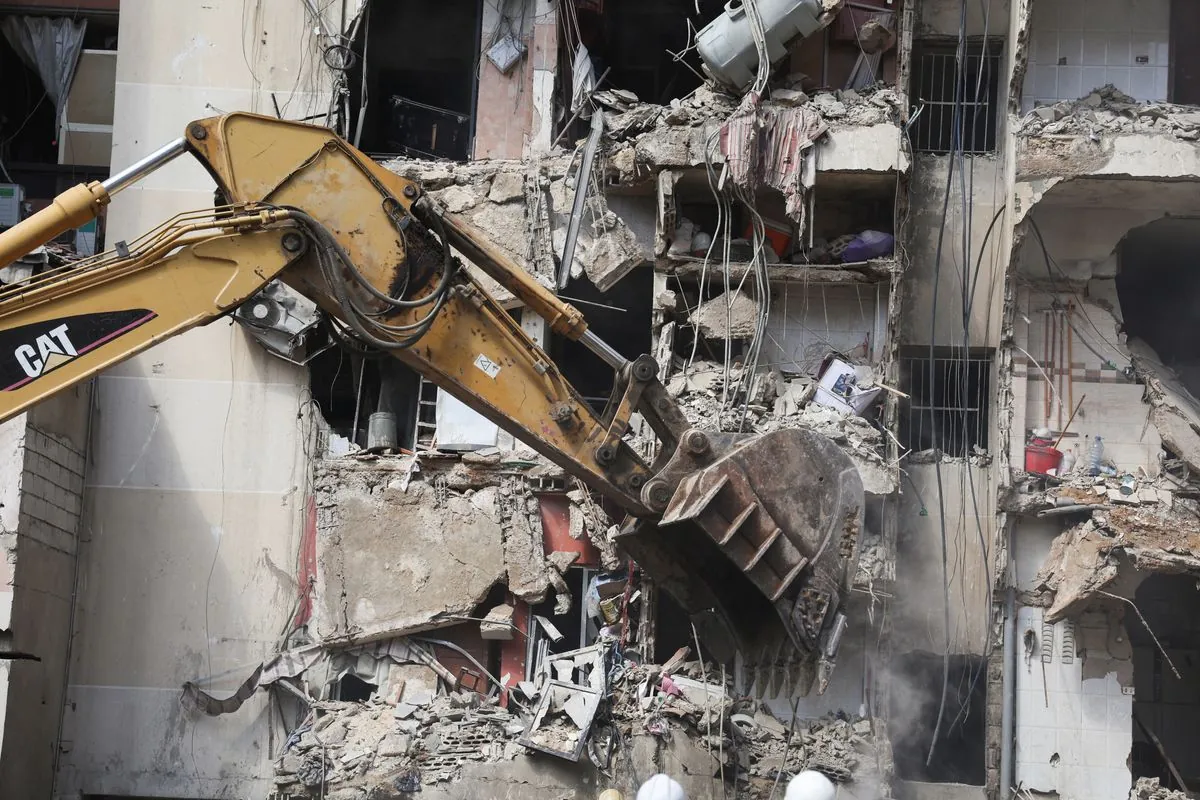Kazakhstan's Nuclear Power Referendum: A Step Towards Energy Independence?
Kazakhstan holds referendum on building its first nuclear power plant. The government promotes it as a solution to phase out coal, while critics raise concerns over safety and Russian involvement.
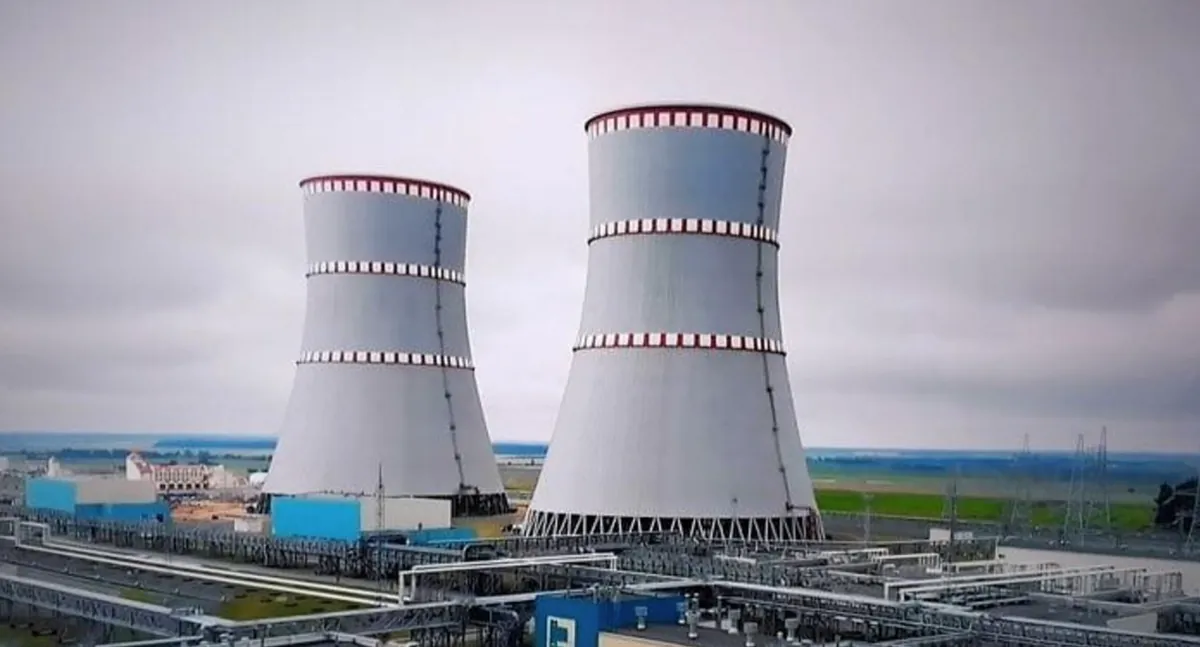
On October 8, 2024, Kazakhstan will hold a referendum on the construction of its first nuclear power plant. This decision comes as the Central Asian nation seeks to diversify its energy sources and reduce reliance on polluting coal-fired plants.
The government, led by President Kassym-Jomart Tokayev, advocates for the nuclear option as a means to ensure a stable energy supply and complement the growing renewable sector. Kazakhstan, the world's largest uranium producer accounting for about 40% of global supply, sees nuclear power as a logical choice given its natural resources.
However, the proposal has faced significant public opposition. Critics cite safety concerns, the country's Soviet nuclear testing legacy, and potential Russian involvement in the project as major issues. Popular blogger Vadim Boreiko expressed skepticism about the referendum's purpose, suggesting that the decision to build the plant with Russian state nuclear firm Rosatom has already been made.
Kazakhstan's energy landscape is currently dominated by coal-powered plants, supplemented by hydroelectric facilities and a growing renewable energy sector. Despite possessing substantial natural gas reserves of 2.7 trillion cubic meters, the country still imports electricity, primarily from Russia, as its aging infrastructure struggles to meet domestic demand.
The government estimates the nuclear power plant's construction cost at $10-12 billion. Proponents argue that it's a necessary step to ensure energy security and reduce pollution. President Tokayev emphasized the need to utilize Kazakhstan's competitive advantages, stating, "In order not to remain on the sidelines of global progress, we must use our competitive advantages."
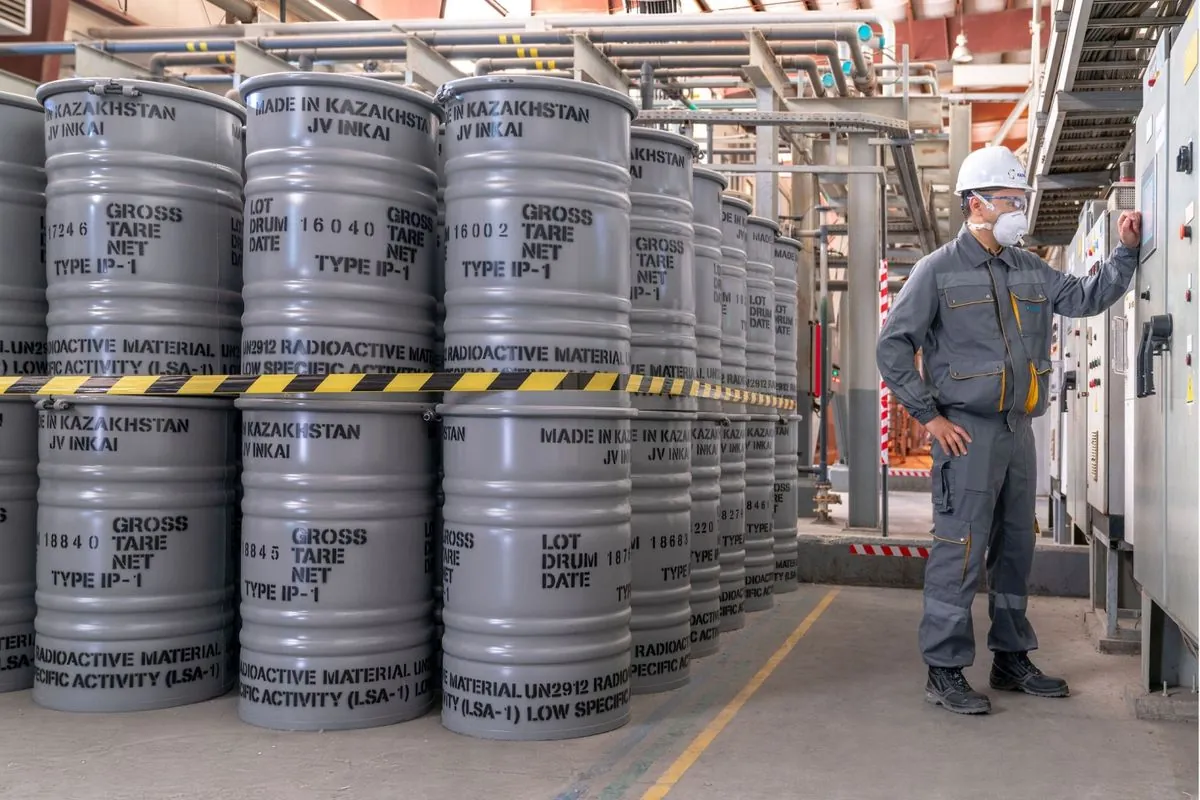
Critics, however, suggest that gas-powered plants could achieve similar goals with less risk and lower environmental impact. They also point to Kazakhstan's complex history with nuclear energy. The country was part of the Soviet Union during the 1986 Chornobyl disaster, and many Kazakhs who participated in the clean-up operation still suffer from health issues.
Moreover, Kazakhstan's territory bears the scars of Soviet nuclear testing. The Semipalatinsk Test Site, where over 450 nuclear tests were conducted between 1949 and 1989, has left large areas uninhabitable and caused numerous health problems for nearby residents. This dark history has fostered a deep-seated distrust of nuclear technology among many Kazakhs.
Despite these concerns, President Tokayev urges the nation to look forward: "One should not always look back, remember the bad things, and complain. (We must) only move forward and be optimistic, otherwise we will lose in this global race to progress."
It's worth noting that Kazakhstan has made significant strides in nuclear disarmament and non-proliferation efforts since gaining independence in 1991. The country voluntarily relinquished its nuclear arsenal in 1995 and has been an active member of the International Atomic Energy Agency (IAEA) since 1994.
As Kazakhstan stands at this energy crossroads, the referendum will determine whether the nation embraces nuclear power as part of its future energy mix. The decision will have far-reaching implications for the country's energy independence, environmental goals, and geopolitical relationships in the region.
"In order not to remain on the sidelines of global progress, we must use our competitive advantages."
Regardless of the outcome, Kazakhstan continues to pursue ambitious renewable energy goals, aiming to generate 50% of its electricity from renewable sources by 2050. The country's vast steppes and abundant sunshine provide ample opportunities for wind and solar power development, potentially offering a cleaner alternative to both coal and nuclear energy.
As the world's largest landlocked country, spanning two time zones and home to the historic Baikonur Cosmodrome, Kazakhstan's energy decisions will undoubtedly impact its future trajectory. The nuclear power referendum represents a critical juncture in the nation's ongoing efforts to balance economic growth, energy security, and environmental responsibility.
























